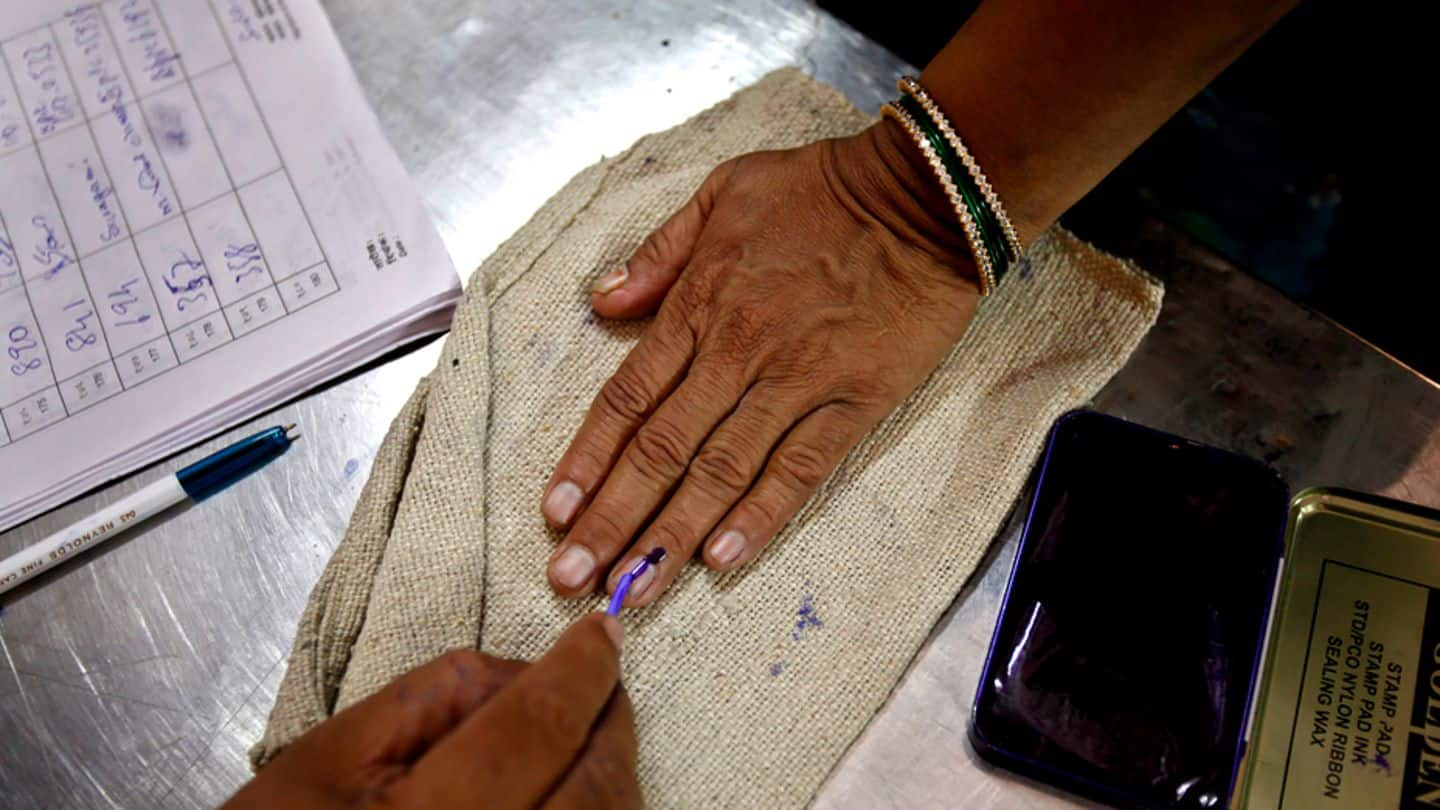
How many elections did Cambridge Analytica manipulate in India?
What's the story
Cambridge Analytica (CA)'s net in India extends far wider than previously thought. Christopher Wylie, whistleblower, said it carried out "all kinds of projects" in different parts of India.
According to the documents he released, CA's work in India dates back to at least 2003, covering elections in Rajasthan, MP, UP, Bihar, Assam, WB, Jharkhand and more.
However, no party is named except just JD(U).
Twitter Post
Wylie tweets out documents on CA's work in India
I've been getting a lot of requests from Indian journalists, so here are some of SCL's past projects in India. To the most frequently asked question - yes SCL/CA works in India and has offices there. This is what modern colonialism looks like. pic.twitter.com/v8tOmcmy3z
— Christopher Wylie (@chrisinsilico) March 28, 2018
Details
Non-political work included countering effects of "violent Jihadism"
The documents detail projects of SCL, CA's parent company, in India: in 2003, a "major state party" analyzed voters through SCL, and a national party identified "swing voters" through SCL's services.
The firm was employed for similar studies in UP elections (2007, 2011, 2012), 2010 Bihar elections and 2009 national elections.
Non-political work includes research communication campaigns for countering the effects of "violent Jihadism."
Congress
I believe the Congress was a client too: Wylie
Yesterday, Wylie had told the UK Parliament he "believes" the Congress was a client too.
"I mean India is so big, one state could be as big as Britain. But they do have offices there, they do have staff there."
Congress has maintained it never employed CA or SCL's services.
Instead, it has dared the government to file an FIR against CA and Facebook.
Do you know?
The JD(U) connection
The documents released by Wylie identifies no party other than JD(U) as CA's clients, but indicates many "major" state and national parties. Incidentally, CA's Indian partner Ovleno Business Intelligence is run by Amrish Tyagi, JD(U) leader KC Tyagi's son.
Beginning
Wylie, a 28-year-old who unleashed a global movement
Wylie unleashed a global awakening earlier this month when he revealed CA had obtained user data of 50mn people from Facebook before the 2016 US presidential elections, which was then allegedly used to manipulate voters.
After facing a lot of flak for blatant disregard for data privacy and security, Facebook CEO Mark Zuckerberg acknowledged the flaws and pledged an investigation almost a week later.
EC
EC calls meeting to discuss protection of elections in India
The EC had taken cognizance of such processes last year itself, saying PR firms were "actively being deployed to shape public opinion online."
It proposed a policy to keep an eye on content, especially on social media, that transgresses the model code of conduct.
After the CA controversy, it called a meeting to discuss measures to protect elections in India.